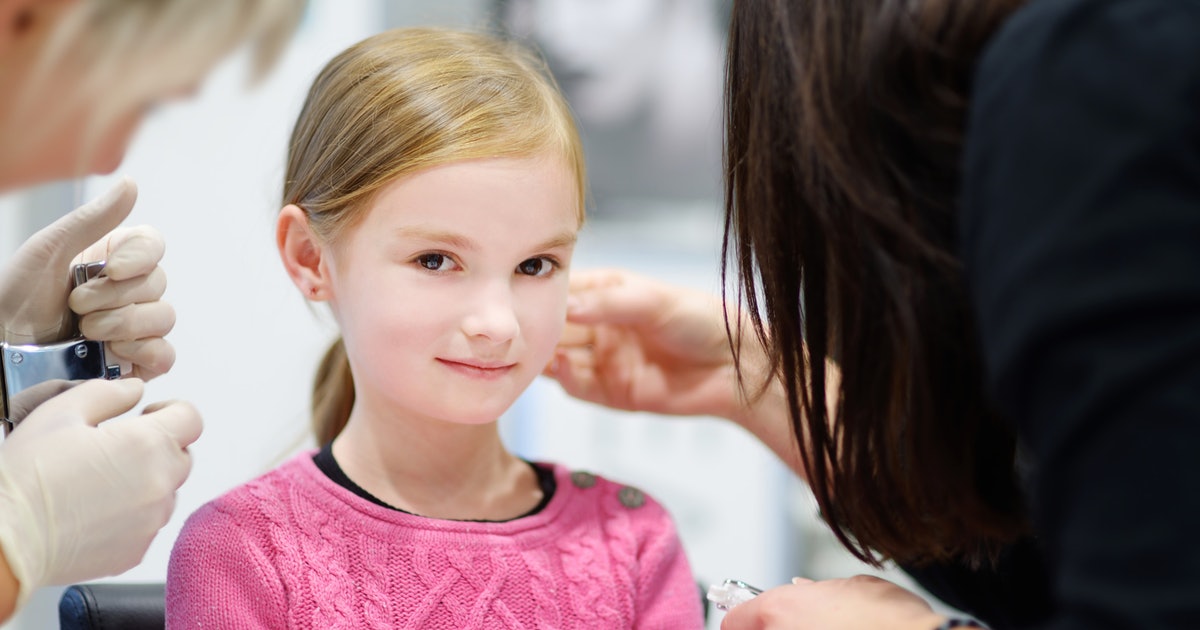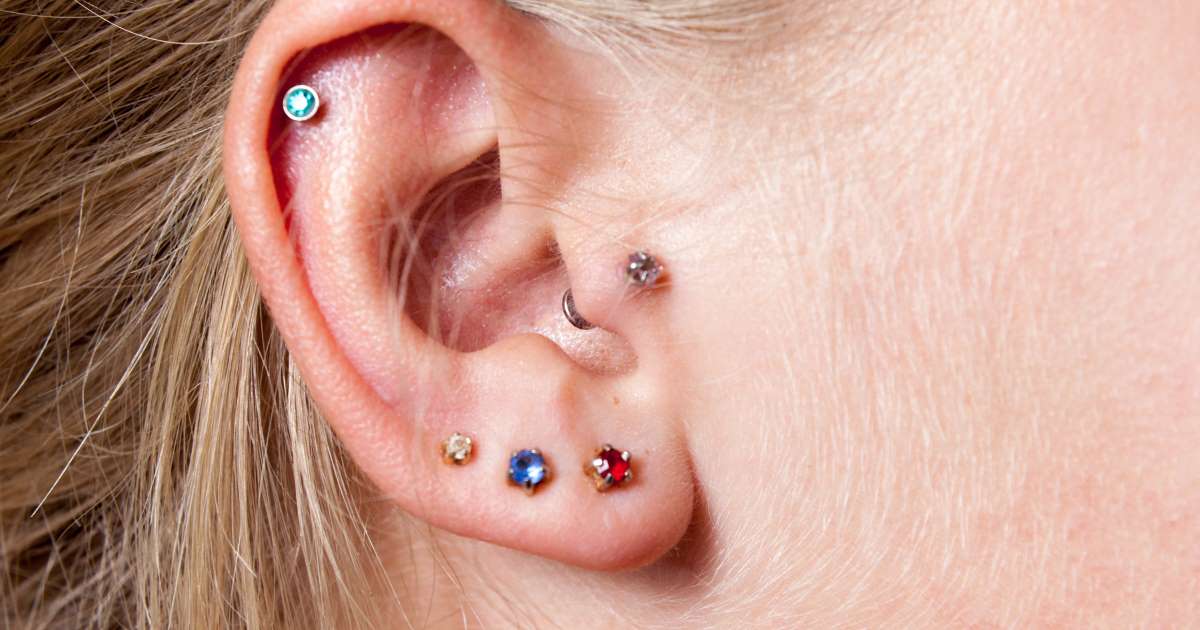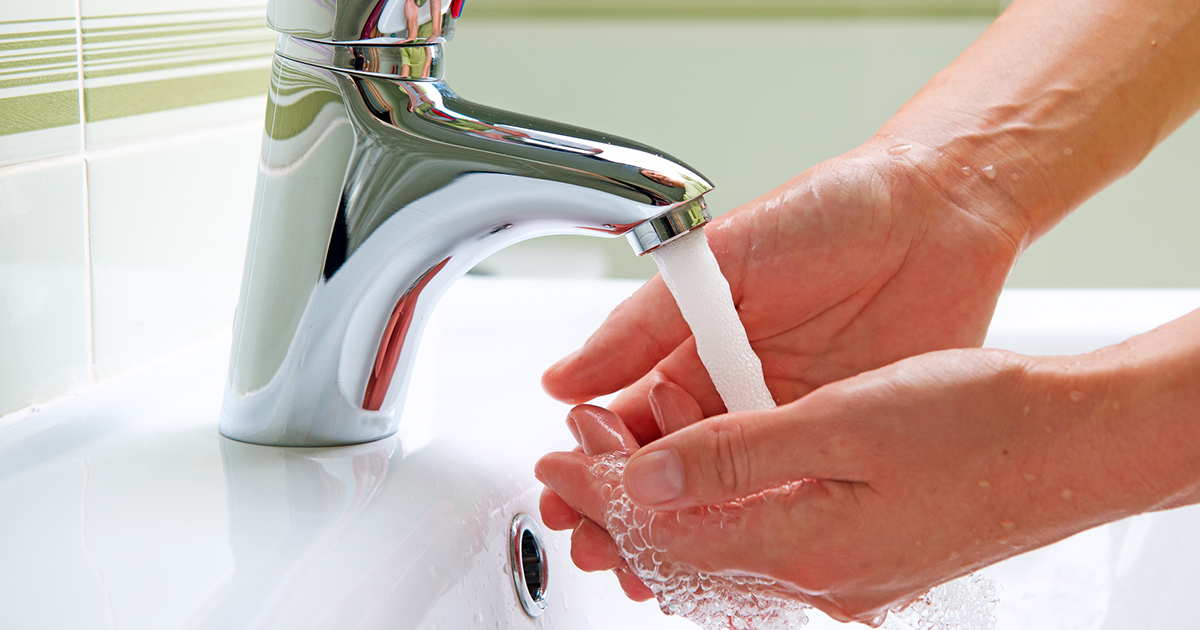How To Care For Ear Piercings
Whether you just got your ears pierced for the first time or you have many holes in each ear, caring for a new piercing is essential. If individuals treat piercings like medical procedures instead of just any other beauty treatment, they can ensure the piercing heals quickly and well. Ear piercings are super common but can have complications if they are not looked after properly for at least the first few weeks. Luckily, aftercare for ear piercings is pretty easy! Get to know some of the best ways to care for ear piercings now.
Avoid Additional Trauma To The Area

It is imperative to avoid additional trauma to the pierced area to help the ear piercing heal without any issues. You just put a hole through your ears so they will definitely be a little sore. Use special care when playing sports, sleeping, and even getting dressed while the piercings heal. Accidentally tearing an earring out or even bumping your ear hard while it is healing can hurt really badly and even lead to complications with the piercing. Nobody wants an infection or a piercing that closes up! By being a little more gentle with your body than usual, you can avoid major pain.
Keep reading for more tips on helping ear piercings heal well.
Use Saline Solution For Cleaning

Keeping a new piercing clean is key to ensuring a nasty infection does not develop. One suggestion for keeping an ear piercing as clean as possible is to use a saline solution for cleaning. A simple mixture of water and non-iodized sea salt (or prepackaged sterile saline solution) works wonders in healing piercings. Each day, apply a saline-soaked piece of gauze or paper towel to each piercing and let it sit for five to ten minutes. You can do this more than once per day if you are super worried about infection. Don't forget to very gently pat your piercings dry with fresh paper towels. Using cloth towels might snag jewelry or transfer bacteria.
Learn more about caring for ear piercings now.
Wait Before Taking Earrings Out

One of the most important aftercare steps for ear piercings is to wait before taking the earrings out. The earrings for a lobe piercing should be kept in for at least six weeks, and cartilage piercings should be kept in for at least twelve weeks. This includes when you sleep at night, even though it might feel a bit weird! Your body will try to heal the holes in your ears, but keeping earrings in during the healing process ensures the piercings stay open. Even after this minimum period, try not to go more than a day without wearing earrings for a few more months just in case the piercings want to close up.
Continue reading to discover additional methods of caring for ear piercings now.
Keep Hands Clean

While it is important to clean new piercings, it is even more vital to keep your hands clean whenever you touch your ears. We carry so many bacteria on our hands, so it's important not to risk transferring any germs to your healing piercings! Before cleaning or even touching newly pierced ears, be sure to thoroughly wash your hands with soap and warm water. Taking this extra precaution can mean the difference between piercings that heal quickly and easily and ones that get infected. It's a super easy step to follow but one no one should forget to do.
Get the details on the next option for caring for ear piercings now.
Keep The Body Healthy

Finally, when waiting for new ear piercings to heal, make sure to keep your body healthy. Exercising regularly (but being careful not to bump your ears), eating a nutritious and balanced diet, and getting enough sleep each night make your body healthier overall, which can help keep infections at bay. Even if the piercings do give you problems while they heal, living a healthy lifestyle will help you heal faster. Developing healthy habits is also just good for your well-being anyway. You can start them to make your piercings heal more easily but reap the benefits later on!